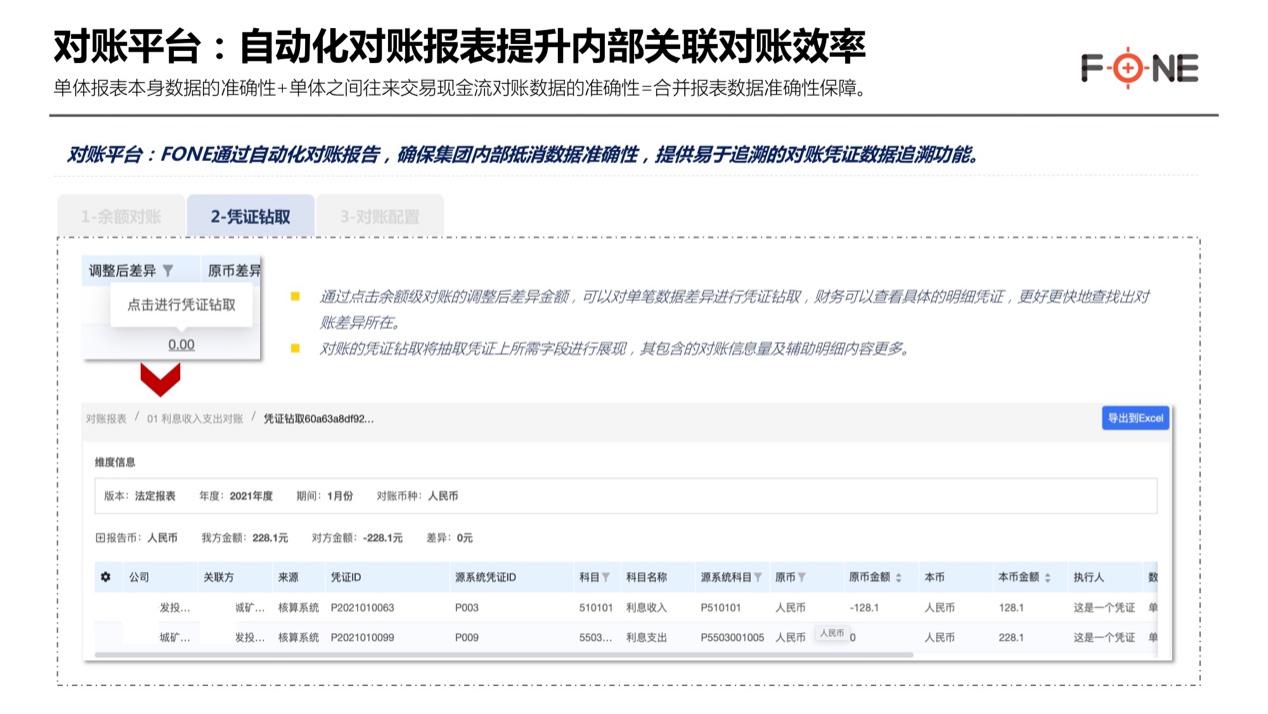Debt Consolidation Loan vs Balance Transfer: Which is the Best Option for You?
When it comes to managing debt, two popular options often come up: debt consolidation loan and balance transfer. Both methods are designed to help individua……
When it comes to managing debt, two popular options often come up: debt consolidation loan and balance transfer. Both methods are designed to help individuals regain control over their finances, but they operate in different ways and may be more suitable for different financial situations. In this article, we will delve into the key differences between these two options, their advantages and disadvantages, and how to determine which one might be the best fit for your unique circumstances.
### Understanding Debt Consolidation Loans
A debt consolidation loan is a type of loan that allows you to combine multiple debts into a single loan with a single monthly payment. This can simplify your financial life by reducing the number of payments you need to manage. Typically, these loans come with lower interest rates than credit cards, especially if you have good credit. By consolidating your debts, you can also potentially lower your monthly payments, making it easier to budget.
However, it’s essential to consider the terms of the loan. While a lower interest rate can save you money, some debt consolidation loans may come with fees or longer repayment terms, which could end up costing you more in the long run. Additionally, if you don’t change your spending habits, you might find yourself accumulating more debt after consolidating, which can lead to a cycle of borrowing.
### Exploring Balance Transfers
On the other hand, a balance transfer involves transferring the outstanding balance of one or more credit cards to a new credit card, usually one that offers a promotional 0% interest rate for an introductory period. This can be a powerful strategy to save on interest payments and pay down debt more quickly. During the promotional period, every dollar you pay goes directly toward the principal, allowing you to reduce your debt faster.
However, balance transfers often come with fees, typically around 3% to 5% of the amount transferred. Additionally, if you don’t pay off the balance before the promotional period ends, you may face high-interest rates on any remaining balance. It’s also crucial to ensure that the new credit card has a sufficient credit limit to accommodate your existing debts.
### Comparing the Two Options
When comparing debt consolidation loan and balance transfer, several factors come into play:

1. **Interest Rates**: If you have high-interest credit card debt, a balance transfer with a 0% introductory rate may save you more money in interest compared to a debt consolidation loan. However, if you have a mix of debts with varying interest rates, a consolidation loan might offer a more straightforward solution.
2. **Fees**: Consider the fees associated with each option. Balance transfers may have upfront fees, while debt consolidation loans could have origination fees or prepayment penalties.
3. **Repayment Terms**: Debt consolidation loans often have fixed repayment terms, providing a clear timeline for when your debt will be paid off. Balance transfers, however, require discipline to ensure the debt is paid off before the promotional period ends.
4. **Credit Score Impact**: Both options can affect your credit score. A debt consolidation loan may require a hard inquiry into your credit, while a balance transfer can increase your credit utilization ratio if not managed carefully.

### Making the Right Choice
Ultimately, the choice between a debt consolidation loan and a balance transfer depends on your financial situation, your spending habits, and your ability to manage debt effectively. Assess your debts, calculate potential savings, and consider your long-term financial goals before making a decision. Consulting with a financial advisor can also provide personalized insights tailored to your circumstances.
In conclusion, whether you choose a debt consolidation loan or a balance transfer, the key is to take proactive steps towards managing your debt. With careful planning and discipline, you can pave the way for a more secure financial future.